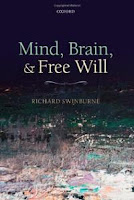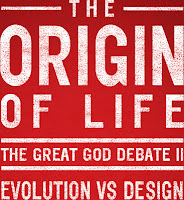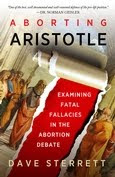Theologians and scientists seem blissfully unaware that that the soul is alive and well in contemporary philosophy of religion. JP Moreland, Dean Zimmerman, William Hasker, Charles Taliaferro, Stuart Goetz, Robin Collins and Alvin Plantinga have all produced novel and rigorous arguments in defence of dualism – that you are an immaterial self and not identical to your body. This must be gratifying for Richard Swinburne, who swam against the tides of philosophical fashion in 1986 with
The Evolution of the Soul.
Mind, Brain and Free Will updates his arguments for dualism. The book is refreshingly clear, rigorously argued and a joy to read.
Swinburne argues that physical events and conscious events – beliefs, desires, thoughts, purposes and sensations – are not identical. To put that another way, the terms we use to pick out physical events, and the terms we use to pick out mental events,
never refer to the same thing. We need to think a little about words and concepts here – after all, we cannot say much about the world without them! Anyone who knows what terms like “red” or “pain” mean knows how to use them. They know exactly what it is to have a sensation of red or a pain. They know how when and how to apply the terms, and can make simple inferences using the terms. (For example we can infer “it is a sensation” and “it is unpleasant” from “it is a pain.”)
 Here are this week's recommended apologetics links. Enjoy.
Here are this week's recommended apologetics links. Enjoy.

























